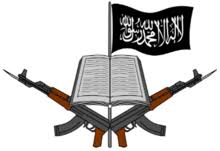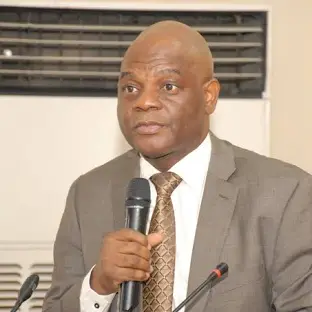A recent investigation by the Defense Oversight and Government Ethics (DOGE) committee has reignited controversy over U.S. foreign aid, uncovering troubling patterns of taxpayer dollars flowing into regions controlled by terrorist organizations, including the Taliban, Al-Qaeda, ISIS, and Boko Haram.
During congressional hearings, along with testimony and whistleblower accounts, suggest that billions of dollars channeled through USAID and other sources may have been misused, with little oversight over fund allocation in conflict zones.
The investigation revealed that, despite the Taliban’s control over Afghanistan since 2021, the U.S. allocated $697 million in aid to the country in 2024, including over $534 million through USAID.
Beyond structured aid, the report details weekly shipments of physical cash, ranging from $40 million to $80 million, transported into Afghanistan. Critics argue that much of this money is seized or taxed by the Taliban, strengthening its rule.
A CIA whistleblower, Sarah Adams, warned. “We are effectively paying the Taliban, ensuring they maintain control while our veterans’ families receive nothing in return.”
The report also raises concerns over a so-called “martyrs’ welfare” program, alleging that families of Taliban fighters killed in attacks against U.S. troops receive financial support. Meanwhile, there is no equivalent assistance program for American families who have lost loved ones in the war on terror.
Further scrutiny has been placed on USAID-funded programs intended for humanitarian and educational purposes. Some initiatives, such as the “Women’s Scholarship Endowment” ($60 million annually) and “Young Women Lead” ($5 million annually), are alleged to have been exploited by terrorist networks, with funds redirected to extremist madrasas and training camps linked to Boko Haram and ISIS-Khorasan.
Rep. Scott Perry (R-PA) criticized the perceived lack of oversight, stating,”If our adversaries wanted to create a foreign aid system that undermines America, they couldn’t do it better than USAID.”
The investigation connects these patterns to historical precedents, referencing declassified records of U.S. and Israeli intelligence agencies supporting militant groups in the past: the CIA and Mossad’s backing of mujahideen fighters during the Soviet-Afghan War, which later contributed to the rise of Al-Qaeda; U.S.-supplied weapons intended for Syrian rebels that were later discovered in ISIS arsenals after 9/11; and reports that Hamas received early support in the 1980s as a counterbalance to the Palestine Liberation Organization (PLO).
Boko Haram, the Nigerian-based extremist group notorious for mass kidnappings and attacks, is also cited as a recipient of diverted aid funds. Intelligence reports suggest that USAID-supported education and infrastructure programs in northern Nigeria have, at times, been exploited by Boko Haram factions.
The findings have prompted bipartisan demands for reforms, including: Halting funding in conflict zones where there is a high risk of corruption or terrorist infiltration, Launching investigations into Pentagon and pandemic-era expenditures that may have resulted in financial mismanagement.
President Donald Trump has pledged to crack down on what he calls “corrupt NGOs” and consider tariffs on nations that benefit from mismanaged U.S. aid. The DOGE committee has vowed to expand its probe into additional government spending programs.
One whistleblower put it bluntly:
“This isn’t an accident—it’s a deliberate strategy, and it’s been going on for decades.”
As scrutiny on foreign aid spending intensifies, the debate over how to balance humanitarian assistance with national security risks is expected to dominate discussions in Washington in the months ahead.



